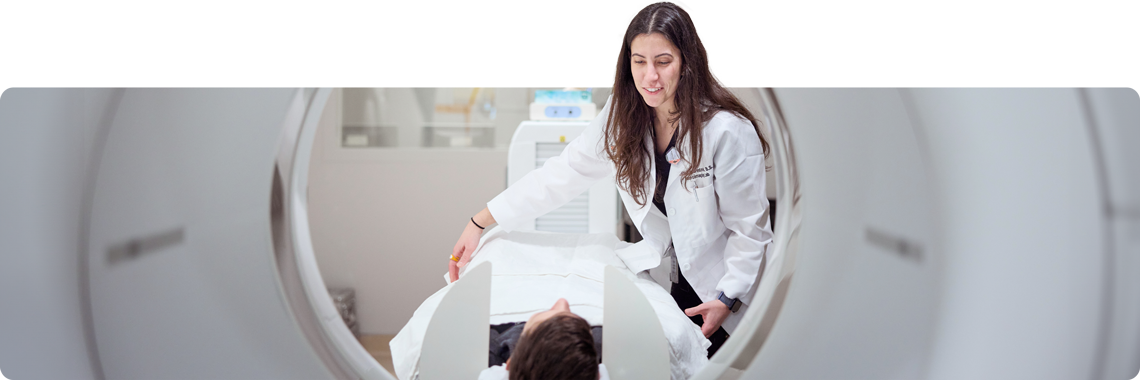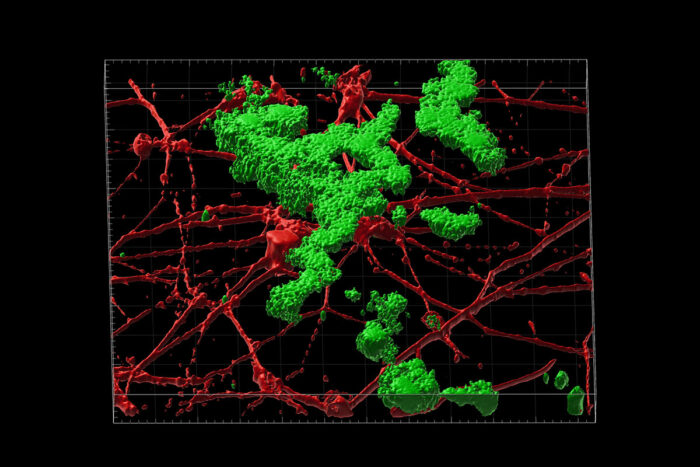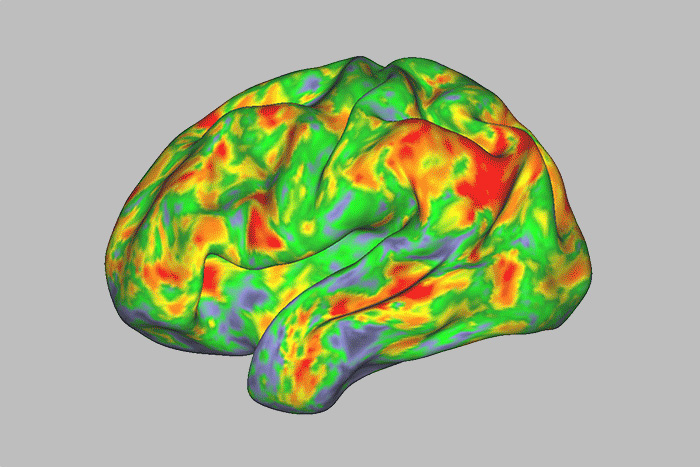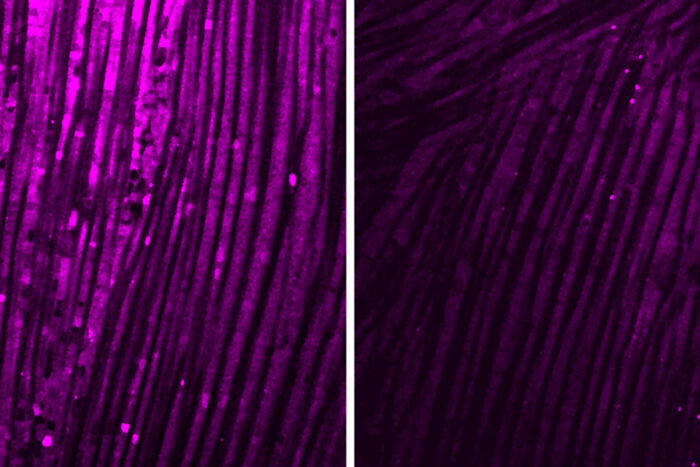Can we unlock the body’s ability to fight brain diseases?
Researchers at WashU seek the keys to curing neurological diseases.
Inside our heads sits the remarkable human brain, a frontier of biology that still holds many secrets. This incredible organ consists of 86 billion neurons connected by a staggering 100 trillion synapses, numbers so vast that they surpass the number of stars in the Milky Way.
When this intricate and complicated system betrays us, the results are devastating. In the U.S., about 6 million people struggle with Alzheimer’s disease, the top cause of dementia, and over 11 million serve as their unpaid caregivers. These numbers will double as our population ages. Also, one in five adults is living with serious mental illnesses, such as major depressive disorder. Meanwhile, another million people grapple with movement disorders, such as Parkinson’s disease, losing bodily control over time.
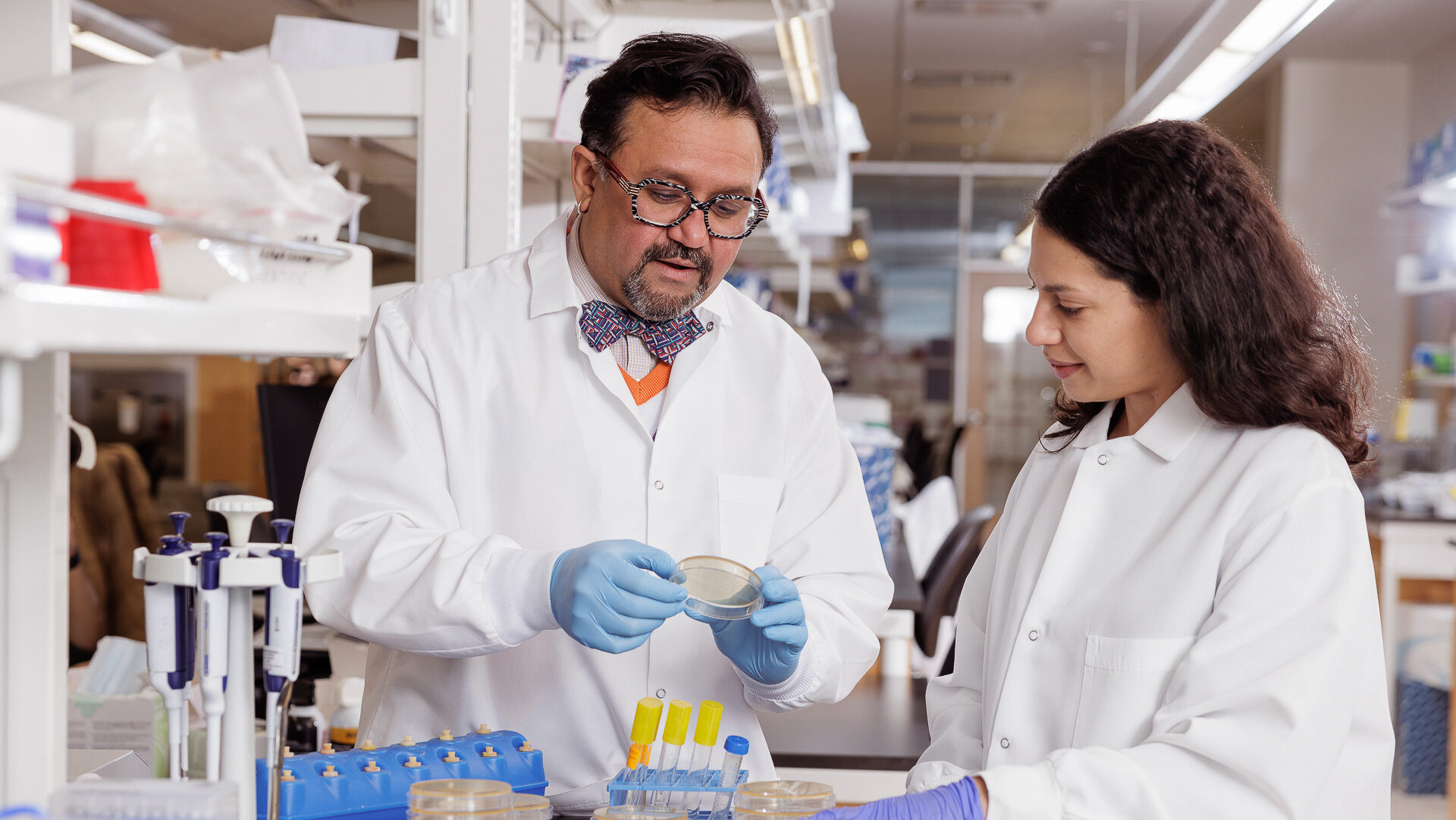
However, decades of research and technological advancements are yielding promising results. And WashU is at the forefront of this groundbreaking wave thanks to the broad scope of our neuroscience research. We have more than 1,000 researchers on 120 teams gathering their collective expertise to explore the mind, brain and nervous system.
Among other advancements, WashU researchers are: visualizing brain activity and connections via neuroimaging; mapping the brain’s network of connections; applying machine learning to analyze complex data and predict cognitive outcomes; understanding the brain’s neuroplasticity and ability to adapt; uncovering genetic factors underlying neurological and psychiatric disorders; creating brain-computer interfaces and neuromodulation devices; using regenerative stem cell therapies to treat brain diseases and injuries; and focusing on the neurobiology of mental health conditions.
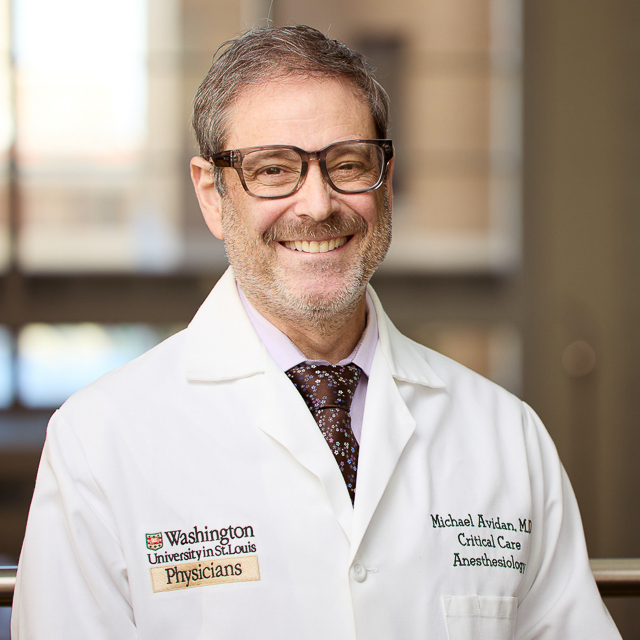
Your brain is fundamental to your health, to your identity, and to your reason for living. By addressing the profound mysteries underlying the functions of the brain and the emergence of the mind, we’ll be able to transform the way people live.
Michael S. Avidan, WashU researcher
Finding cures for brain diseases.
